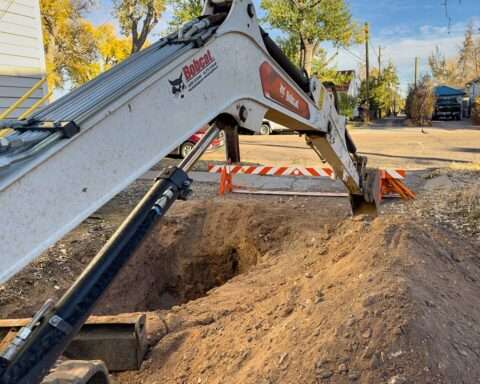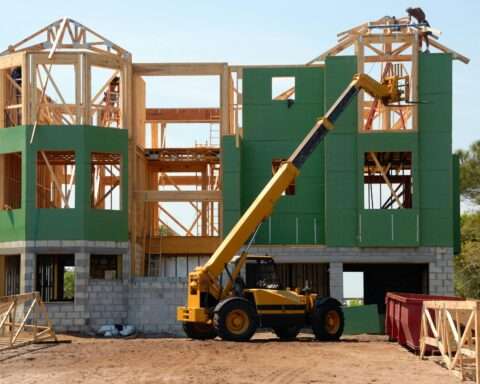The United States is one step closer to assuring near-universal access to high-speed internet after four more states had their proposals approved for the Broadband Equity, Access and Deployment (BEAD) program.
Georgia, Iowa, Minnesota, and South Carolina are the latest to receive the green light for their plans to expand high-speed internet access through the BEAD program, a cornerstone of the “Internet for All” initiative.
As of late September 2024, 48 out of 56 eligible states and U.S. territories have now completed the initial steps of the BEAD program approval process. Since the last Government Market News update in August, the following seven states and territories have unlocked BEAD funding:
- American Samoa: $37 million
- Georgia: $1.3 billion
- Guam: $156 million
- Idaho: $583 million
- Iowa: $415 million
- Michigan: $1.5 billion
- Minnesota: $651 million
- Nebraska: $405 million
- New Jersey: $263 million
- North Dakota: $130 million
- South Carolina: $551 million
Broadband access has become a critical resource for everyday life, akin to electricity or running water. It underpins economic development, educational opportunities, healthcare delivery and civic engagement. The lack of reliable internet access can exacerbate existing socioeconomic disparities and limit opportunities for individuals and communities.
RELATED: More than half U.S. has completed BEAD approval process
Armed with $42.45 billion provided by the 2021 Infrastructure Investment and Jobs Act, the BEAD program represents the largest public investment to date in expanding internet access to underserved and rural communities.
“Increasing access to broadband is one of the best strategies for growing Minnesota’s economy,” says Minnesota Employment and Economic Development Commissioner Matt Varilek, in a press release. Varilek adds the $600 million investment provides “another way to help more people connect to high-speed broadband, allowing Minnesotans to launch a business, access online education or skills training and participate in our economy – no matter where they are in our state.”
The BEAD program follows a multi-step approval process designed to ensure thorough planning and effective implementation. After submitting their initial proposals, states and territories work with the National Telecommunications and Information Administration (NTIA) to refine their plans. Those efforts coalesce in a second proposal submitted to NITA, and once it is approved, entities can begin accessing funds and implementing their programs. This phased approach allows for careful planning and adaptation to each area’s unique challenges in broadband deployment.
After receiving funding approval, states and territories enter the implementation phase. They begin by finalizing their subgrantee selection processes, which often involve competitive bidding from internet service providers. States are also required to continue refining their strategy for establishing universal coverage.
Several states that received early BEAD funding approvals are already making significant strides in their broadband expansion efforts. For instance, Colorado recently opened applications for $826.5 million in BEAD funds through its Advance Colorado Broadband program.
Other early adopters are also moving forward rapidly. Kansas recently opened its 45-day preapplication window for projects utilizing its $451 million allocation. Louisiana has opened a prequalification portal for its $1.36 billion disbursement.
Photo by Possessed Photography on Unsplash













